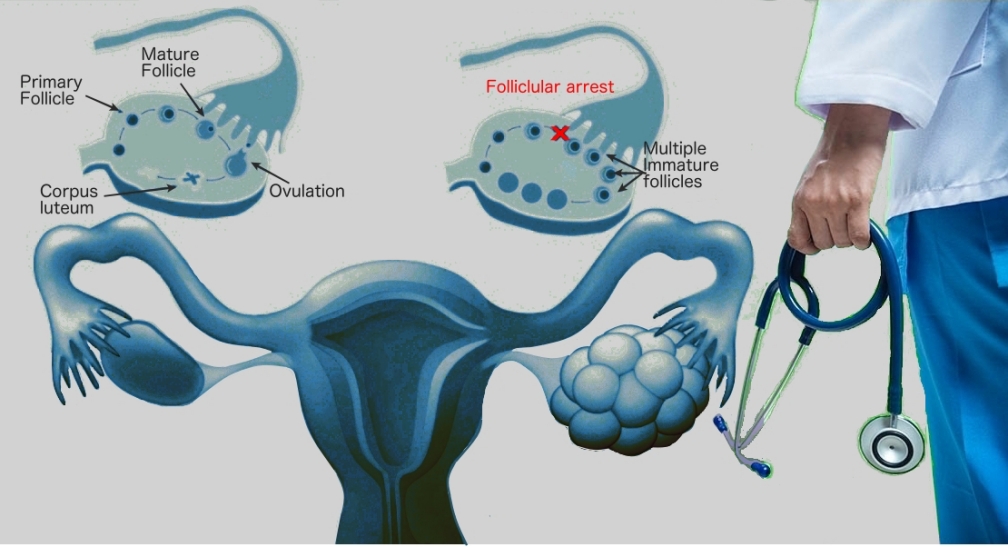Why every 5 out of 1 woman are suffering from PCOD?
Jamshedpur, July 5:
India’s reproductive age is suffering from Polycystic Ovarian Disease (PCOD) , according to recent research 3.7 — 22.55% Indian women are suffering from PCOD. Mood swings, hormonal changes, infertility, they have to deal with all of these on regular basis. But what is causing the increasing rate of PCOD in women these days?
What is PCOD?
Polycystic Ovarian Disease (PCOD) is a hormonal imbalance disorder where the ovaries enlarge with small cysts on the outer edge of the ovaries and disturbs the fertility cycle by eggs not ovulating, resulting infertility in woman.

Dr. Anju Bijoria, Gynecologist, explains, every female has few male hormones in them with the female hormones, in the case of PCOD male hormones starts to dominate the female hormones which results in woman getting irregular periods, excessive facial hair, gaining weight, etc. PCOD could be genetic or can occur environmentally (leading an unhealthy lifestyle).
What are the symptoms of PCOD?
* Irregular periods
* Excess body hair, including the chest, stomach, and back (hirsutism)
* Weight gain, especially around the belly (abdomen)
* Acne or oily skin
* Body aches
* Headache
Frequent urination
Treatment for PCOD:
PCOD is yet to come up with a cure, however PCOD can be diagnosed with the help of ultrasound and blood test.
A woman planning for pregnancy can have a change in her diet and activity and can take medications for ovulation.
A woman who is not planning for pregnancy can take birth control pills as it will control the menstruation cycle, diabetes medication, it may help reduce Androgen level and change in diet and activity.
What are the complications?
Problems like type 2 diabetes, high blood pressure, and certain heart problem can cause several complications in a woman. Weight gain, acne, baldness are some of the other problems faced by a woman with PCOD.
A woman who is trying to conceive can face several challenges, one of them being high chance of miscarriage as compared to normal pregnancy.
Conclusion:
PCOD is a multifactorial condition likely caused by a combination of genetic predisposition, hormonal imbalances, lifestyle factors, environmental influences, and other health conditions. Research into the precise mechanisms underlying PCOD continues, but addressing lifestyle factors such as diet, exercise, and stress management remains crucial in managing and mitigating its effects.
According to Dr. Anju Bijoria, Gynecologist, we should maintain our sleep schedule, eat healthy, exercise more, and try to live a happy and less stressful life to avoid any kind of health problem.







